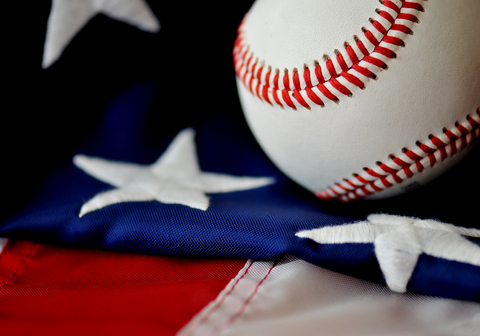Make Baseball Great Again

Spring is almost here.
No, not the vernal equinox. Hardcore fans think spring starts the day Major League Baseball (MLB) pitchers and catchers report to spring training.
This year, pitchers and catchers who will play in the 2023 World Baseball Classic must report to their camps by February 13, position players report by February 16. Reporting dates for players uninvolved in the Classic range from February 15 to 17.
On opening day, virtually every faithful fan thinks their team is a contender, but, after the Philadelphia Phillies’ unlikely run to the World Series following – let’s be honest – a mediocre first half of the 2022 season, Phillies fans, especially, have ample reason to be excited about 2023. Off-season acquisitions have strengthened a good enough roster that got hot last year at exactly the right time.
Anticipation of the new season aside, let’s review some of MLB’s relatively recent history during which management and owners changed the game in ways many baseball purists find objectionable.
Millions of Americans grew up playing baseball. Although few develop elite skills, most youngsters work very hard at learning to catch, throw and, above all, hit.
As adults, many of them dislike the designated hitter rule (DH). Granted, it did allow an injured Bryce Harper to contribute during the Phillies’ pennant drive and postseason, but, the DH also allows older hitters to hog limited roster spots after their position playing days are all but over, while denying young, up and coming prospects earlier major league opportunities.
Everyone who plays the game at an elite level should play it all. Make pitchers hit.
Purists also think MLB should return to balanced schedules.
At one time, teams played every other team in their league the same number of games – balanced schedules – after which the team with the best won/loss record went to the World Series to take on the other league’s top team.
Over time, MLB expanded. New franchises were awarded, and both leagues grew.
In 1969, MLB created two divisions in each league, and introduced post-season Divisional Series to determine league pennant winners. A third division and Wild Card were added later, followed by another Wild Card and more post-season play. More teams, more series, more money.
In today’s set-up, teams play heavy intra-divisional schedules, and meet teams outside their division fewer times – or not at all.
In effect, divisions created artificial geographic “rivalries” that sometimes favor mediocre teams having even worse geographic rivals. Prioritizing divisional competition unbalances schedules, often unfairly.
For example, in 2005, the San Diego Padres “dominated” a weak National League West, and entered post-season play as divisional champion with an 82-80 record, while the Central Division Houston Astros’s 89-73 regular season record only earned the team the National League’s Wild Card slot. The NL East’s Phillies, Mets and Marlins – whose players watched the playoffs at home – all had better regular season records than the Padres who were swept in the Divisional Series by the East’s Atlanta Braves.
But, then, in 1997, MLB made things worse by adding interleague play, an arrangement that invented more artificial “rivalries” that often disadvantage good teams in one league by pairing them with superior teams from the other while their league and divisional rivals may meet the other league’s weaker teams.
Clearly, divisional titles and Wild Card opportunities have been affected by how MLB does scheduling.
MLB could – should – ensure equity for every team by putting an end to interleague play and balancing schedules. Post-season revenues could be preserved by making the playoff series tournament-style events: each league’s first and fourth place and second and third place teams could face each other with the winners playing for a trip to the World Series, or each league’s top eight teams could qualify for post-season play, adding an extra series.
While we’re at it, let’s also ditch the bizarre extra-innings, runner-on-second-base “innovation” designed to shorten games by making scoring more likely. Host teams already have a home field advantage. If a home team holds opponents scoreless in the top half of an extra-inning, they can score a winning run in the bottom half on consecutive sacrifice flies – hitless. That’s not how baseball should be played.
Baseball purists think games – and championships – should be decided fairly.
Major League Baseball, show a little respect for America’s National Pastime.
https://www.pottsmerc.com/2023/02/05/jerry-shenk-make-baseball-great-again/





